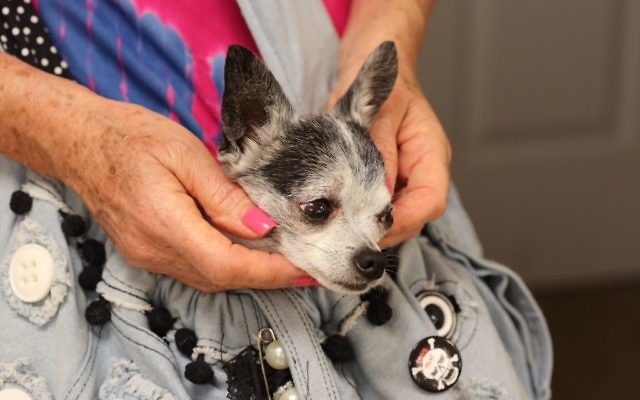Animals and Empathy
Besides companionship, people get something from pets they cannot always get from humans says Frans de Waal.
The reason we connect so much with mammals, rather than other animals, is because they seem to understand our moods and read our body language, according to Dr. Frans de Waal, an expert and lecturer on animal social behavior.
“Most of our pets are mammals because mammals sense our emotions, we sense theirs and so we connect better with them than, say, fish or iguanas.” People believe that their pets really understand them and to an extent, de Waal agrees.
While they can’t read our minds, they can tune into our feelings, said the Emory University psychology professor whose research about animal behavior has guided politicians, business leaders, psychologists and animal lovers.
“I am sure they understand our body language and moods, such as sadness at loss or happiness.” While humans previously kept pets to help with tasks such as hunting, fishing, herding and protection, the need has changed, and pets are now mostly desired for companionship, de Waal said.
Besides the companionship, people get something from their pets that they cannot always count on from other humans. De Waal believes that people enjoy and are drawn to their pets because of their honesty. “A dog or cat is not going to pretend to like you or be nice to you out of politeness.
There is no second layer to their expressed feelings.“In humans, we always wonder if what we see is true. Are they really happy to see me? Are they really sad? In our pets, we see what we get. The loyalty of a dog is genuine as opposed to the loyalty of most people we work with. I think this is an aspect of their behavior we really like.”
De Waal, who has a Ph.D. in biology, has gained worldwide attention for relating his insights from primate behavior to human behavior. His extensive research on social skills, cooperation, food sharing, and conflict resolution has uncovered new and surprising information about animal behaviors.
Aside from his work at Emory, de Waal is also director of Living Links Center at the Yerkes National Primate Research Center and a Distinguished Professor at University of Utrecht, Netherlands. He wrote many award-winning books about animals including: “Chimpanzee Politics,” (1982), “Our Inner Ape,” (2005), “The Age of Empathy: Nature’s Lessons for a Kinder Society” (2009), and his most recent, “Are We Smart Enough to Know How Smart Animals Are?” (2016).
De Waal’s research improved the understanding of empathy in mammals and its foundation in human evolution. Before de Waal’s research, most studies focused on the biological role of aggression in securing survival. De Waal suggested a different viewpoint about social development and survival. He concluded that biology provided for the role of empathy in survival.
In addition to aggression, he found that mammals have an innate ability to understand and empathize with each other. Rather than aggression, understanding and empathizing is the glue that holds societies together and allows them to engage in cooperative activities, innovation, kindness and caring for the needy.





comments